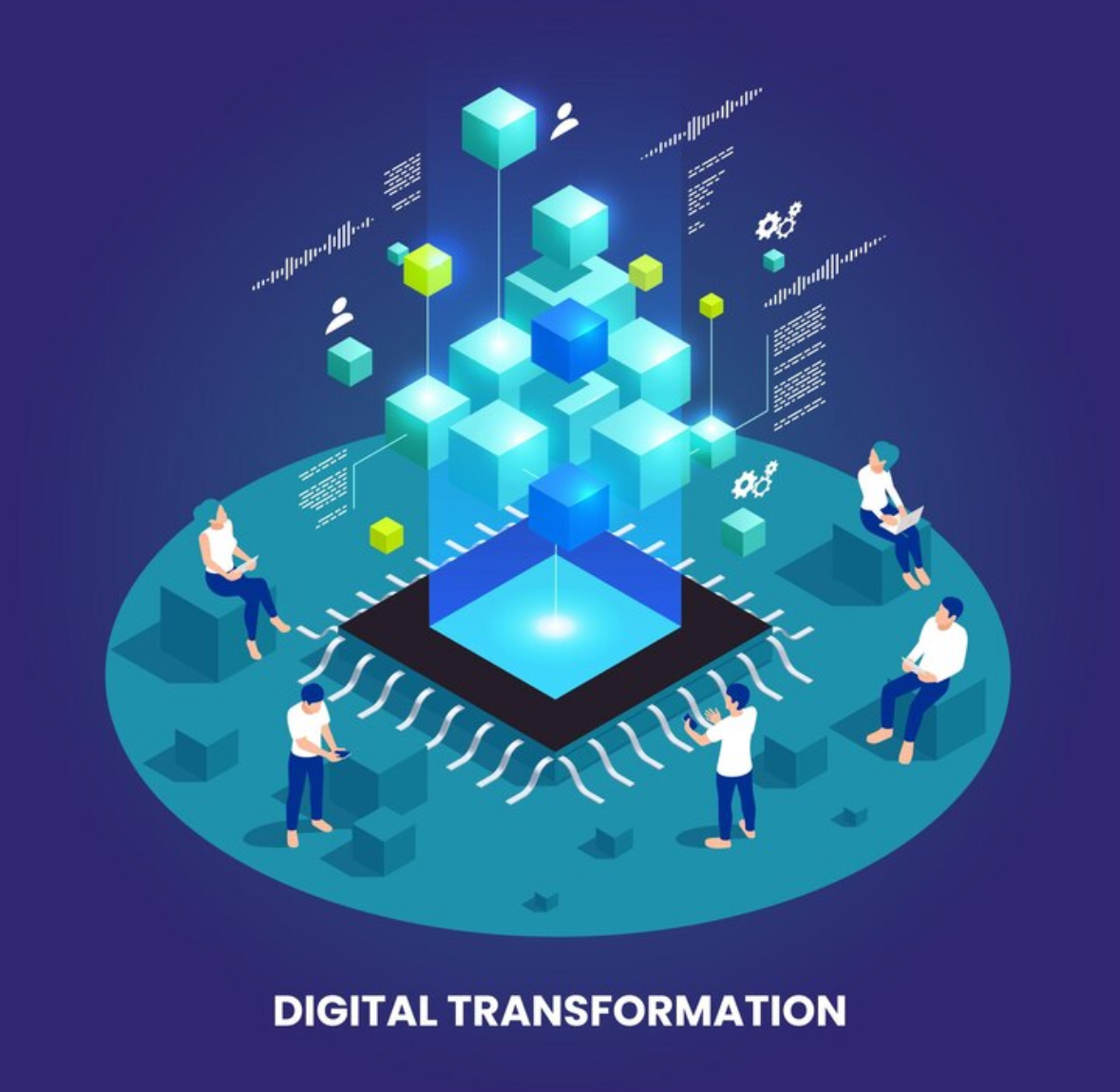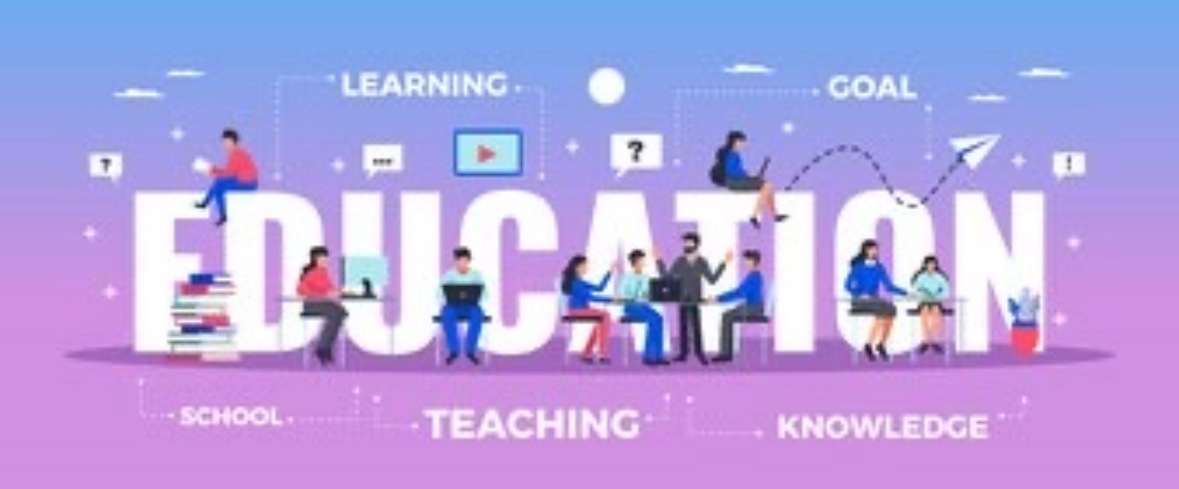The education industry is currently going through a huge shift that is known as the digital transformation. This transformation is being driven by digital technology, which is revolutionising the way education is both provided and experienced. The repercussions of this transition are far-reaching, and as a result, they bring about opportunities as well as difficulties.

The democratisation of knowledge is one of the most revolutionary features brought about by the information technology revolution in the educational sector. Learners now have unparalleled access to a massive pool of information, thanks to the rise of the internet as a primary information source. Students are no longer restricted to using physical libraries or relying on out-of-date textbooks; instead, they have access to a universe of information with only the click of a mouse. Learners are given the freedom to investigate a wide variety of topics and points of view as a result of this accessibility, which helps to cultivate an atmosphere that encourages inquiry and self-directed study.
Pedagogy is being rethought in light of the digital revolution as well. Traditional methods of education are being phased out in favour of more modern alternatives such as interactive whiteboards, multimedia materials, and online collaboration tools. These technologies not only make lectures more entertaining but also cater to varied learning styles, enabling a more comprehensive knowledge of difficult ideas. The education system, which was originally based on a static, one-size-fits-all paradigm, is gradually transitioning into a dynamic, individualised method.

In addition to this, the shift towards digital is internationalising educational institutions. Because of the proliferation of e-learning platforms and massive open online courses (MOOCs), traditional barriers to accessing education based on location are no longer an issue. Students do not need to be physically present in a classroom anymore; instead, they can get great education from renowned institutions located all over the world via a computer or smartphone. This trend towards the globalisation of education not only broadens students' perspectives but also combats educational inequality by levelling the playing field and opening doors for people who might not have had those opportunities otherwise.
Another important feature of the digital transformation is the use of adaptive learning technologies, and artificial intelligence (AI) plays a pivotal role in the development of these tools. Systems driven by AI examine student performance data to determine the unique requirements of each individual learner and provide them with individualised educational opportunities. This not only improves comprehension but also helps educators identify areas that may require further attention, making the overall teaching process more efficient and successful.

The shift towards a more digitally focused education is not, however, without its share of difficulties. The "digital divide," which refers to unequal access to various forms of technology, continues to be a significant barrier. It is necessary to promote equitable access to digital resources in order to prevent educational discrepancies from becoming even more pronounced.
In addition, the fast integration of technology creates worries about the privacy and security of data. As more and more work is done with digital tools in the classroom, it is more important than ever to protect sensitive information. Finding a happy medium between the advantages of technology and the safeguarding of personal information is a difficult task that calls for unceasing focus and creative approaches.
In the end, the digital transformation in education is a momentous upheaval that has the capacity to rewrite how we learn and how we educate. A new era in education has been heralded by a number of recent developments, including the democratisation of knowledge, the redesign of pedagogy, and the introduction of adaptive learning systems driven by AI.
Ⓒ Copyright 2023. All Rights Reserved Powered by Vygr Media.

























